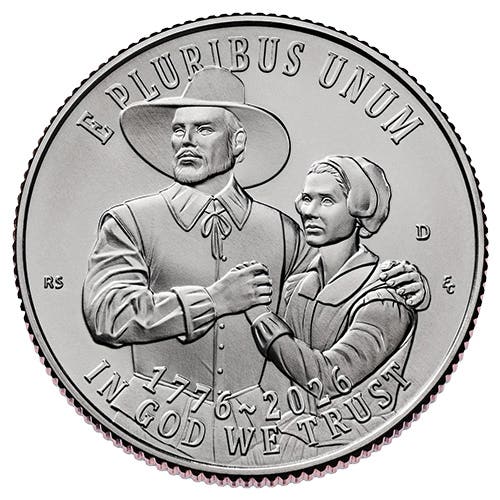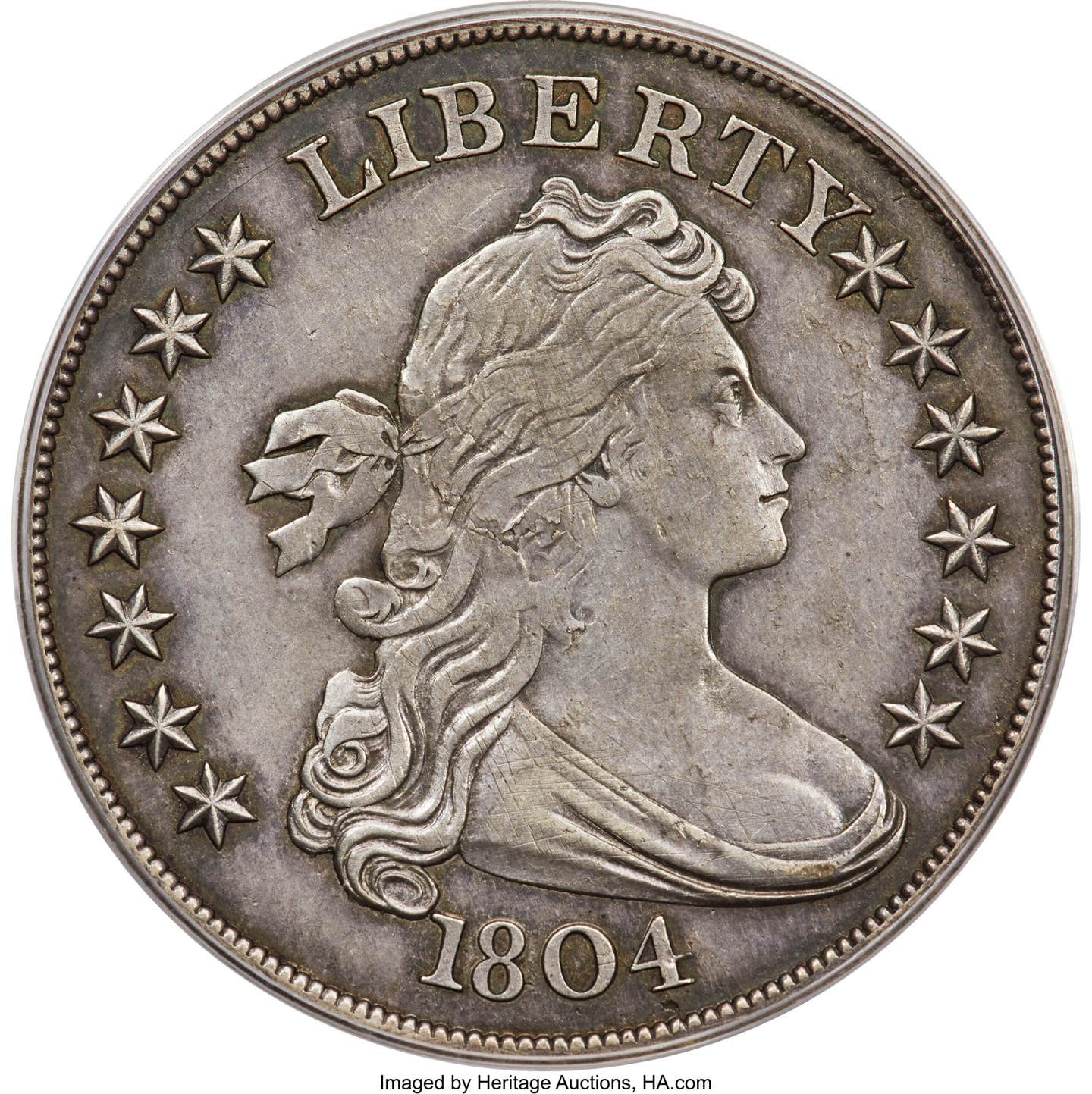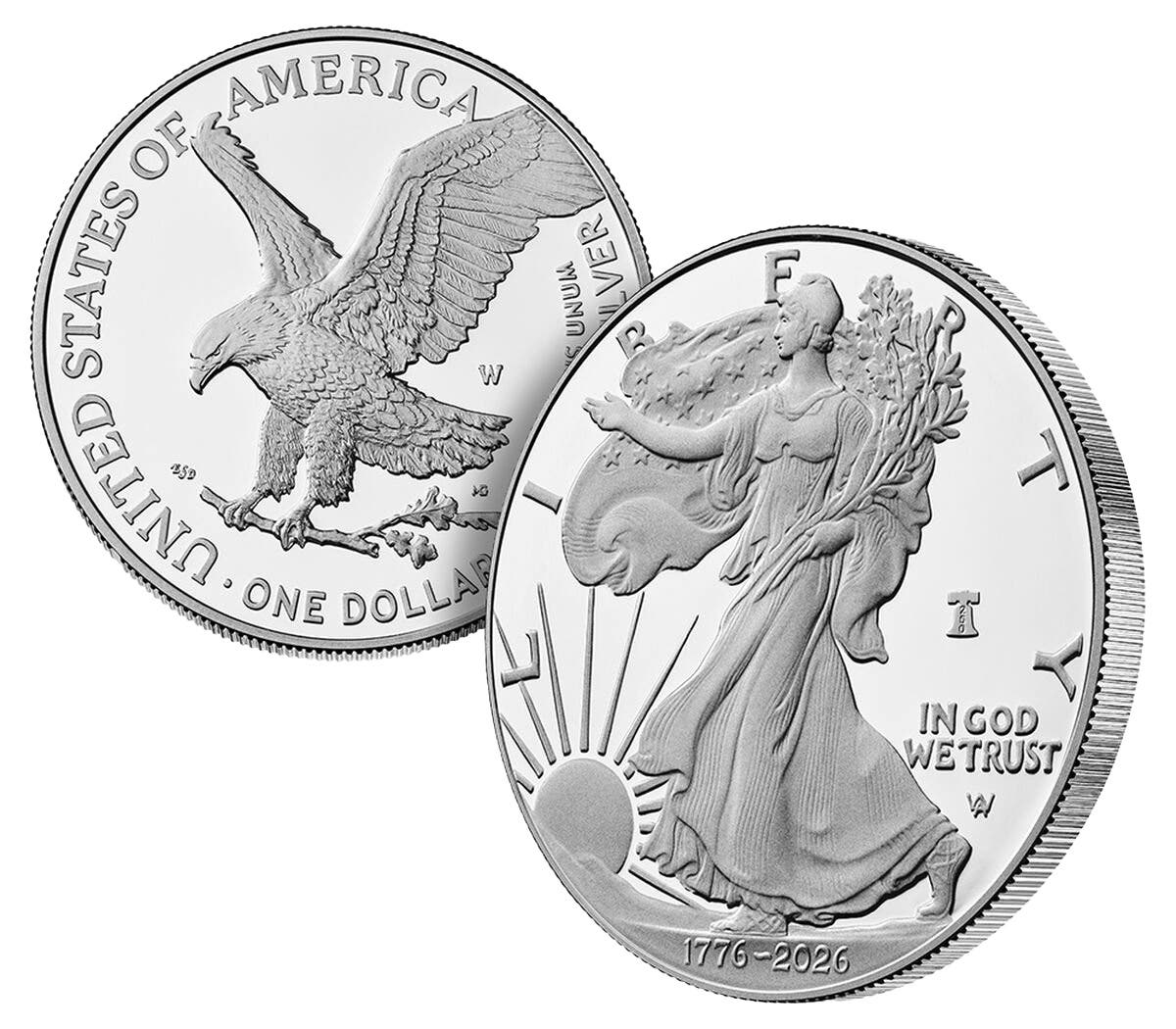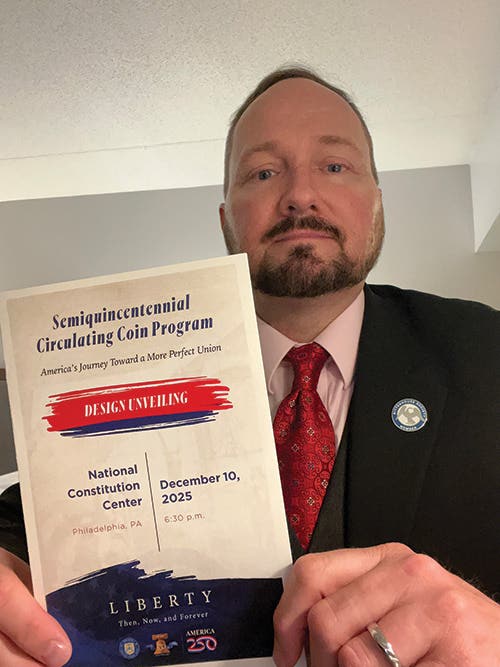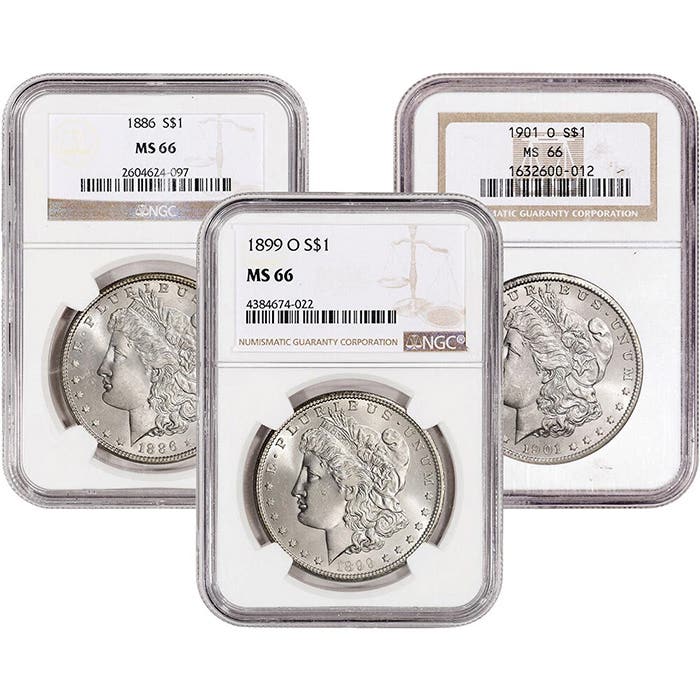BROKEN BARRIERS: Negro Leagues Baseball
It’s our pastime. The sport of professional baseball, whose origins date back to the late 1800s, is as American as it gets. Whether enjoyed at the ballpark with snacks and…
It’s our pastime. The sport of professional baseball, whose origins date back to the late 1800s, is as American as it gets. Whether enjoyed at the ballpark with snacks and sunshine, or on the radio with that familiar announcer’s voice on a warm summer evening, baseball is a beloved shared experience for many Americans.
But not for all Americans. Not always.
No sooner had formal baseball leagues been established and gained steam than a color line was drawn, a barrier constructed. When an injury halted the career of Moses Walker, one of the first Black athletes to play in the Major Leagues, Black players were banned from playing in white-owned baseball leagues.
However, racism and injustice wouldn’t stop the game. In 1920, former player and manager Andrew “Rube” Foster convened in Kansas City, Mo., a group of Black team managers to form the Negro National League, America’s first successful professional Black baseball league. It wasn’t long before other leagues began to spring up around the country. Negro Leagues baseball had arrived, ultimately allowing for some 2,600 Black and Hispanic players to join the rosters during its time of operation.
Negro League players are remembered for their professional skill and fast, aggressive form of play. They are credited with not only making baseball accessible to Black communities, but also bringing both Black and white fans to their stands. The Leagues’ ingenuity vastly improved the safety of the sport with the introduction of protective shin guards and helmets.
But most importantly, the Negro Leagues set the stage for integration.
Wildly popular player Jackie Robinson, a member of the Negro Leagues’ Kansas City Monarchs, joined Major League Baseball’s Brooklyn Dodgers on April 15, 1947. The color barrier was broken.
Other Negro League players who went on to play in the Major Leagues are Hank Aaron, Ernie Banks, Roy Campanella, Larry Doby, Willie Mays and Leroy “Satchel” Paige, many of whom are household names today.
The Negro Leagues were in operation until 1960. In its 40 years, this group of Black founders, organizers and players profoundly changed the game of baseball and shifted the view on race in America. Breaking through the race barrier like a bat cracking a ball over the fence, Negro League players’ skill and determination brought America together for the love of the game, changing the landscape as it went. We have these brave, talented men to thank for making America’s pastime more reflective of the country in which it was born.
In 1990, the Negro Leagues Baseball Museum was established in Kansas City, Mo., to preserve and celebrate the history of African American baseball. The museum’s current site sits just two blocks from the Paseo YMCA, where the Negro National League was created in 1920.
The Coins
To honor the founding of Negro Leagues Baseball, the United States Mint has produced a series of 2022-dated commemorative coins. The program includes proof and uncirculated versions of a $5 gold coin, a $1 silver coin and a half dollar clad coin, as well as a three-coin proof set and a silver medal and dollar set. A version of the silver dollar with a “100” privy mark was also produced. The coins became available in January of this year. For more information, or to purchase, visit catalog.usmint.gov. Coin surcharges are paid to the Negro Leagues Baseball Museum for educational and outreach programs and exhibits.




